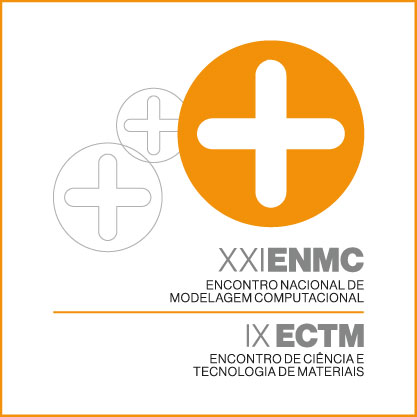IMPLEMENTATION OF THE EIT RECONSTRUCTION TECHNIQUE BY USING THE GAUSS-NEWTON MINIMIZATION IN COMBINATION WITH A FINITE ELEMENT METHOD
Abstract
Electrical impedance tomography (EIT) is widely studied when dealing withmultiphase flow. This method presents a technical advantage over others as a imagingtechnique, since it is both a non-intrusive and radiation-free, with high temporal resolution. Itallows to identify specific flow patterns, flow measurements, along with others applications.Basically, it consists of setting electrodes in the boundaries of a body to inject an electricalcurrent to an electrical field to be formed and therefore to obtain electrical measurements suchas voltage through these sensors. These measurements together with mathematical modelsallow to reconstruct an image of the interior due to the conductivity difference between twodifferents phases. This image is calculated by the algorithms of inverse problems, such asGauss-Newton minimization regularized with the Tikhonov technique. In this work, it isimplemented the direct problem with the Finite Element Method and the Gauss-Newton inverseproblem to reconstruct the conductivity distribution of a domain and the results are comparedwith the software Electrical Impedance Tomography and Diffuse Optical TomographyReconstruction Software (EIDORS).Downloads
Published
21-12-2018
Issue
Section
Problemas Inversos


